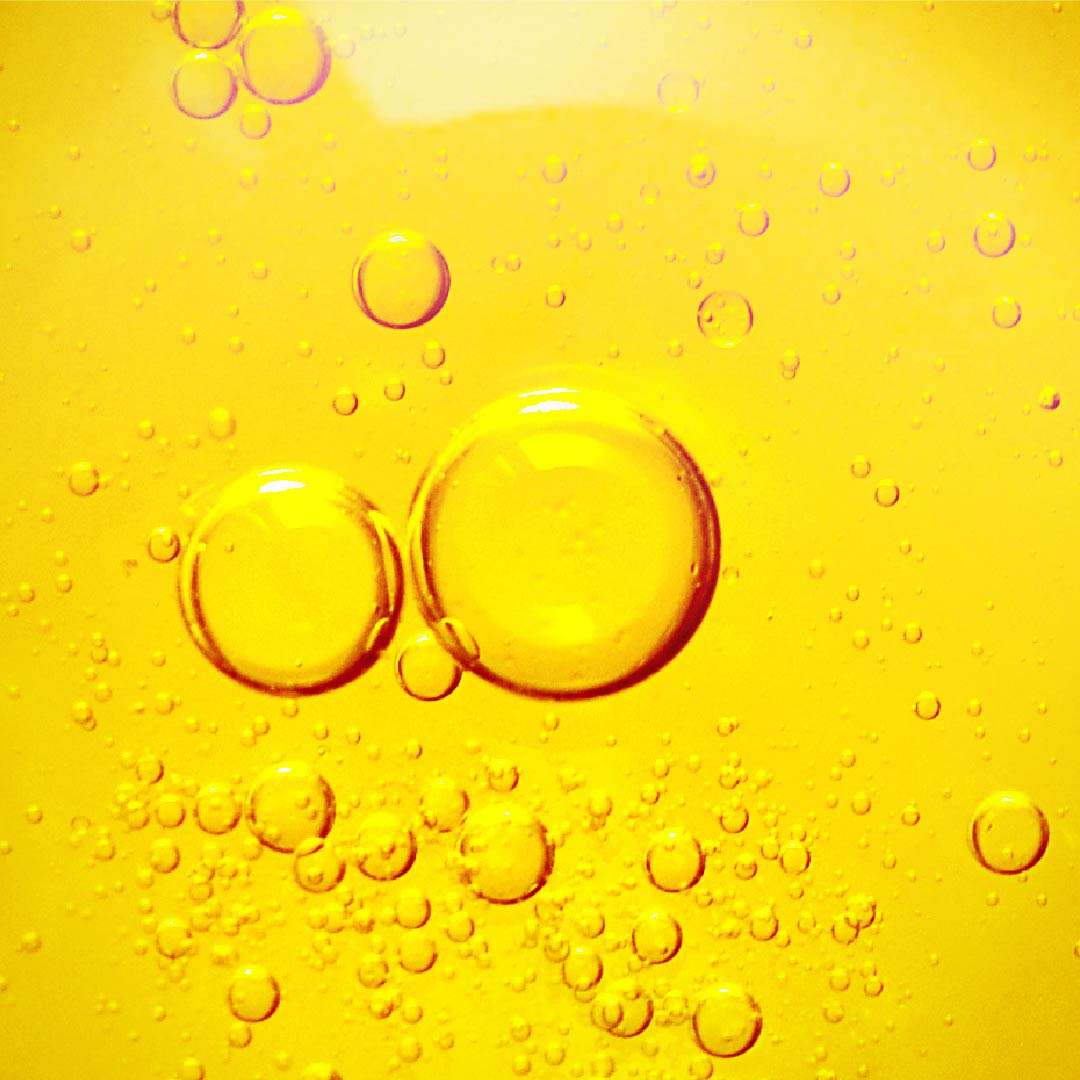Vitamin C
Back to ingredients
Form: Ascorbic acid, Calcium-L-Ascorbate
Food source: Fruits and vegetables, particularly citrus fruits, berries, peppers and dark green leafy vegetables.
Benefits of Vitamin C
- Healthy skin
- Cardiovascular health
- Strengthens immune system
- Bone health
What is Vitamin C?
During the Age of Exploration, an estimated two million sailors died of the disease known as ‘scurvy’. Eventually, they realised, mainly due to the traditional medicine practised in the societies that they encountered, that regularly consuming citrus fruits could prevent the onset of scurvy. We now know of course that the key nutrient in these fruits that prevents scurvy is Vitamin C, which has a huge range of benefits including protecting cells, supporting the immune system, supporting healthy, glowing skin, the health of our blood vessels, helping wounds to heal, and so much more.
Many of these benefits are due to Vitamin C’s role in producing collagen. Collagen is the most abundant protein in your body and provides structure to your skin, helping keep it firm and supple. Your body needs Vitamin C and Copper to make collagen in a process called hydroxylation. As we age, our levels of collagen decline, leading to wrinkling and sagging skin. The decline of collagen also accelerates during menopause, when oestrogen levels drop, which is why there can be marked changes in skin health during menopause. Making Vitamin C vital for those who are vulnerable to lower levels of collagen or who suffer from skin conditions such as acne. You may also enjoy reading ‘How to get rid of acne’
The collagen that Vitamin C helps produce is also important for the health of the inside lining of the blood vessels. It is this lining that helps to control dilation of our blood vessels, allowing more blood to pass, and studies show Vitamin C contributes to the health of the cardiovascular system.
Vitamin C is also important for our immune system. It is used as a free-radical scavenger by your immune cells. Some immune cells release toxins to destroy bacteria, other virally infected cells and debris in the body. Your immune cells need Vitamin C to protect them from their own toxins. In times of illness, the body requires larger levels of Vitamin C, so if you do find yourself ill, make sure you take additional Vitamin C to help your immune system fight back.
Vitamin C helps improve your body's Iron intake from plant foods which is especially important for those who don't eat meat because Iron from plants is much harder for the body to absorb. Iron absorption from plant foods can be as little as 2-5%, but including Vitamin C increases the absorption of Iron by 10x.
Despite its importance, Vitamin C deficiency in the winter is common. Vitamin C is sensitive to heat, so the reduction in raw foods we consume in the winter and the increase in cooked foods reduces our intake of Vitamin C. Additionally, sugar decreases the absorption of Vitamin C in the gut, so any additional sugar typically consumed during the winter reduces Vitamin C levels in the body further.











